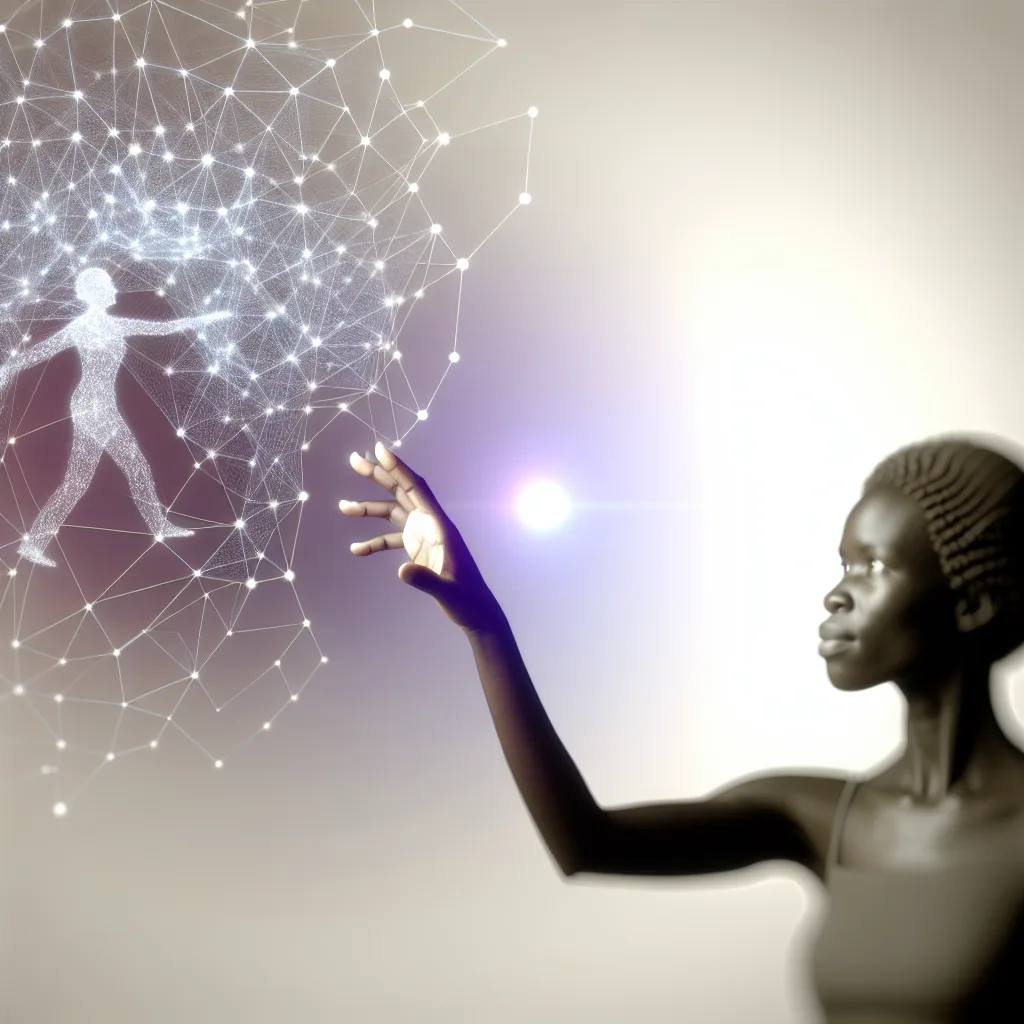Exploring the future of sensory jobs and AI, and why human experience might be our last professional firewall.
It feels like every other conversation these days is about AI. We see it writing articles, creating code, and even handling customer service chats. It’s easy to get a little nervous and wonder where we, as humans, fit into this new world. But I’ve been thinking about a different side of this story, one that involves the very essence of being human: our senses. This brings us to the fascinating topic of sensory jobs and AI. Are the roles that depend on taste, touch, smell, and emotion truly safe?
Let’s grab a coffee and talk about it.
Why Sensory Jobs and AI Are a Different Conversation
Most of the jobs we hear about being automated involve processing data. An accountant analyzes numbers, a logistics manager tracks shipments, and a copywriter arranges words based on rules. AI is incredibly good at this. It can analyze massive datasets, spot patterns, and execute tasks with speed and accuracy that no human can match.
But what about a chef tasting a sauce and deciding it needs just a pinch more salt? Or a perfumer who smells a new compound and is instantly transported back to a childhood memory, using that feeling to create a new fragrance?
These jobs don’t just rely on data; they rely on experience, subjectivity, and biological hardware. AI can be fed millions of recipes, but it can’t taste the soup. It can analyze the chemical compounds of a flower, but it can’t smell its fragrance on a warm summer evening. It processes information; it doesn’t have a lived experience. That’s the fundamental difference.
AI is Assisting, Not Experiencing
Now, this doesn’t mean AI is completely absent from these fields. In fact, it’s already being used as a powerful assistant.
- In the Kitchen: Tools are being developed that use AI to analyze flavor compounds and suggest unique ingredient pairings that a human chef might never consider. These systems can be a great source of inspiration, pushing culinary creativity in new directions.
- In the Perfume Lab: The Swiss fragrance house Firmenich famously uses an AI tool named Carto. It analyzes market data and complex scent formulas to suggest novel combinations, helping perfumers create new fragrances faster. You can learn more about how AI is changing the fragrance industry here.
- In the Recording Studio: Platforms like AIVA (Artificial Intelligence Virtual Artist) can compose original, emotional music for films or video games on demand. It can create a beautiful piano sonata, but it doesn’t “feel” the melancholy in the notes it arranges.
In all these cases, the AI is a collaborator, not the creator. It’s a super-powered calculator for the senses, providing data and suggestions. But the final decision, the spark of “yes, that’s it,” still comes from a human.
The Human Edge in Sensory Jobs and AI
The real security in sensory-based jobs lies in nuance and subjective interpretation. Think about a wine sommelier. Two people can taste the same wine and have completely different experiences. One might detect notes of cherry and leather, while another picks up on oak and vanilla. Who is right? Both of them. This subjectivity is uniquely human.
AI operates on logic and patterns. Human emotion and memory are messy, illogical, and deeply personal. A musician doesn’t just play the right notes; they channel a feeling—joy, sorrow, tension—through their instrument. How do you quantify that? How do you write an algorithm for goosebumps?
For now, you can’t. The “feel” of a song, the balance of flavors in a perfect dish, the emotional safety a therapist provides—these are built on a foundation of shared human experience that machines simply do not have.
So, are our senses the last safe zone for human work? Maybe not forever, but for the foreseeable future, they seem to be our strongest defense. AI can be a brilliant tool, an inspiring partner that helps us push the boundaries of creativity. But it can’t replace the human heart, the human palate, or the human touch. The most human jobs, it turns out, might just be the safest ones of all.
